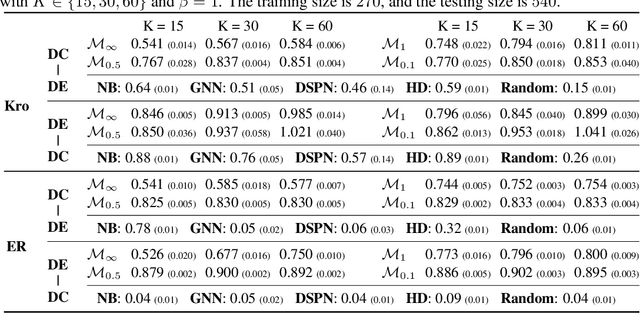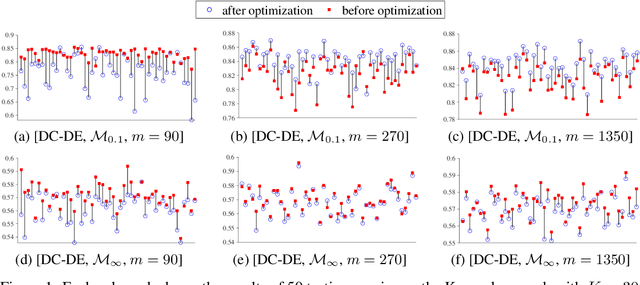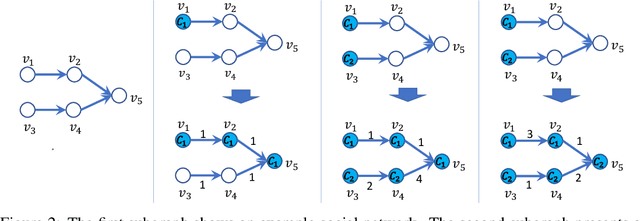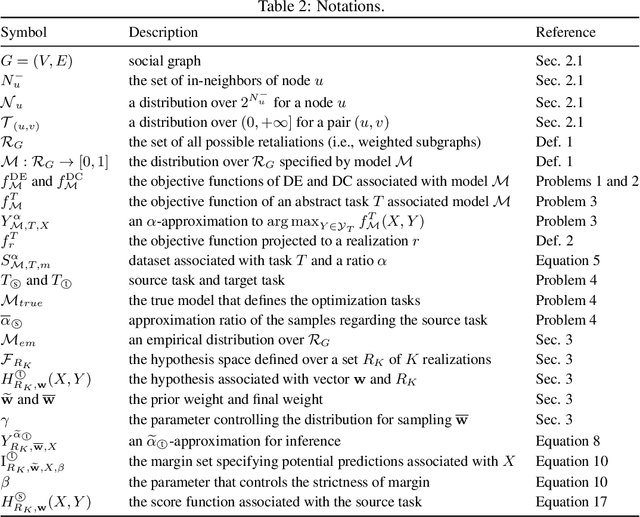Social-Inverse: Inverse Decision-making of Social Contagion Management with Task Migrations
Paper and Code
Sep 21, 2022



Considering two decision-making tasks $A$ and $B$, each of which wishes to compute an effective \textit{decision} $Y$ for a given \textit{query} $X$, {can we solve task $B$ by using query-decision pairs $(X, Y)$ of $A$ without knowing the latent decision-making model?} Such problems, called \textit{inverse decision-making with task migrations}, are of interest in that the complex and stochastic nature of real-world applications often prevents the agent from completely knowing the underlying system. In this paper, we introduce such a new problem with formal formulations and present a generic framework for addressing decision-making tasks in social contagion management. On the theory side, we present a generalization analysis for justifying the learning performance of our framework. In empirical studies, we perform a sanity check and compare the presented method with other possible learning-based and graph-based methods. We have acquired promising experimental results, confirming for the first time that it is possible to solve one decision-making task by using the solutions associated with another one.
 Add to Chrome
Add to Chrome Add to Firefox
Add to Firefox Add to Edge
Add to Edge